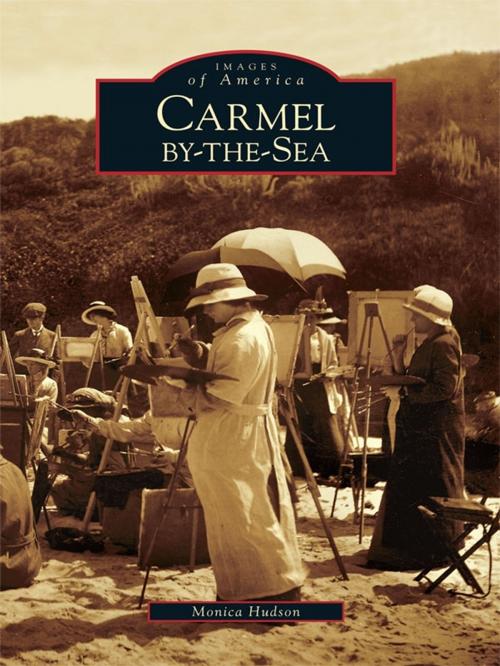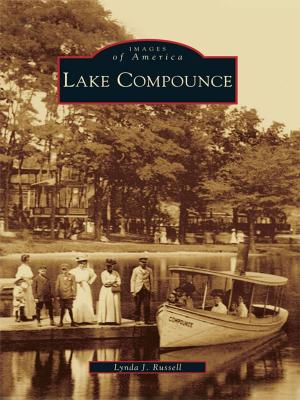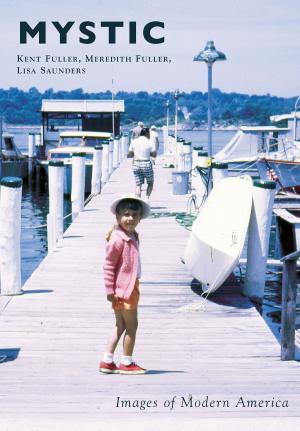| Author: | Monica Hudson | ISBN: | 9781439614570 |
| Publisher: | Arcadia Publishing Inc. | Publication: | May 24, 2006 |
| Imprint: | Arcadia Publishing | Language: | English |
| Author: | Monica Hudson |
| ISBN: | 9781439614570 |
| Publisher: | Arcadia Publishing Inc. |
| Publication: | May 24, 2006 |
| Imprint: | Arcadia Publishing |
| Language: | English |
A local poet once described Carmel-by-the-Sea, with its haunting pines, fog, and white sand, as �our inevitable place.� The area had been inhabited for more than 3,000 years when Fr. Junipero Serra chose the site for his mission
headquarters in 1771. The romantic name, Carmel-by-the-Sea, was the gift of a group of women real estate developers, later used in advertising lots for �brain workers at in-door employment.� Many Stanford and UC Berkeley professors, artists, writers, and musicians left a lasting legacy here in their art and in their rejection of largescale commercial development. Although impoverished artists may no longer afford to live here, many residents and millions of sojourners still consider the lovely village packed with galleries and eateries their �inevitable place.�
headquarters in 1771. The romantic name, Carmel-by-the-Sea, was the gift of a group of women real estate developers, later used in advertising lots for �brain workers at in-door employment.� Many Stanford and UC Berkeley professors, artists, writers, and musicians left a lasting legacy here in their art and in their rejection of largescale commercial development. Although impoverished artists may no longer afford to live here, many residents and millions of sojourners still consider the lovely village packed with galleries and eateries their �inevitable place.�
A local poet once described Carmel-by-the-Sea, with its haunting pines, fog, and white sand, as �our inevitable place.� The area had been inhabited for more than 3,000 years when Fr. Junipero Serra chose the site for his mission
headquarters in 1771. The romantic name, Carmel-by-the-Sea, was the gift of a group of women real estate developers, later used in advertising lots for �brain workers at in-door employment.� Many Stanford and UC Berkeley professors, artists, writers, and musicians left a lasting legacy here in their art and in their rejection of largescale commercial development. Although impoverished artists may no longer afford to live here, many residents and millions of sojourners still consider the lovely village packed with galleries and eateries their �inevitable place.�
headquarters in 1771. The romantic name, Carmel-by-the-Sea, was the gift of a group of women real estate developers, later used in advertising lots for �brain workers at in-door employment.� Many Stanford and UC Berkeley professors, artists, writers, and musicians left a lasting legacy here in their art and in their rejection of largescale commercial development. Although impoverished artists may no longer afford to live here, many residents and millions of sojourners still consider the lovely village packed with galleries and eateries their �inevitable place.�















